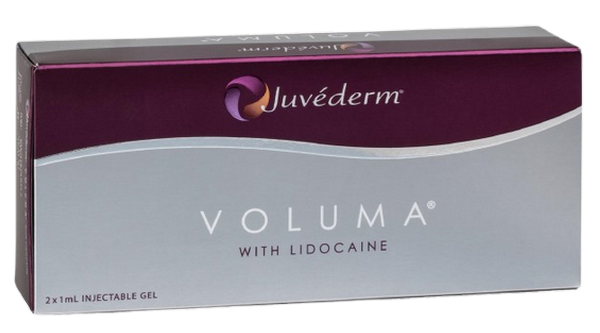The global focus on health and wellness is at an all-time high, and central to this discussion is the topic of weight loss. Over the years, it has become evident that shedding excess pounds is not just about achieving an aesthetically pleasing physique. Instead, weight loss has far-reaching health benefits, including improved cardiovascular health, decreased risk of chronic diseases, enhanced mood, and better quality of life.
But did you know that weight loss could also potentially affect male genital size? Let’s delve into this intriguing connection and explore how weight loss may contribute to penile enlargement.
Understanding the Connection: Weight Loss and Penile Size
Weight loss can significantly impact the perceived size of the penis, and the connection between the two is more direct than one might initially believe. Here’s how it works:
Excess weight, particularly in the abdominal region, can bury a portion of the penis, causing it to appear smaller. This phenomenon is due to a pad of fat, often called the ‘pubic fat pad,’ that sits above the penile region. In overweight or obese individuals, this fat pad can be larger and more pronounced, covering a part of the penile shaft.
As weight loss occurs, this pubic fat pad decreases in size, revealing more of the penile shaft and effectively ‘enlarging’ the penis visually. Although the actual anatomical size of the penis does not increase, it appears longer because more of it is exposed.
Realistic Expectations: Weight Loss and Perceived Penile Length
One important point to note is that weight loss does not actually increase the penile length; rather, it exposes what’s already there. This factor is essential to remember to maintain realistic expectations of how weight loss can impact perceived penile size.
For each 30-50 pounds of excess weight lost, you might expect to see an additional half to one inch of the penile shaft. This estimate can vary widely depending on individual anatomy and where fat is distributed in the body. However, for men who are significantly overweight or obese, the difference in perceived penile length after weight loss can be quite substantial.
Beyond Aesthetics: Health Benefits of Weight Loss
While the potential for an increase in perceived penile length may be motivating for some, the health benefits associated with weight loss should not be overlooked. Obesity is a risk factor for numerous health issues, including diabetes, heart disease, and certain types of cancer. Moreover, excess weight can also lead to erectile dysfunction, as obesity impairs vascular function and affects blood flow.
By losing weight, not only can men potentially increase the perceived size of their penis, but they can also improve their overall sexual health. Research has shown that weight loss can help reduce erectile dysfunction and boost sexual performance.
Weight Loss Strategies: A Healthy, Balanced Approach
So, how can one embark on a weight loss journey? It’s crucial to approach weight loss in a healthy and sustainable way. Here are some recommended strategies:
1. Balanced Diet: Prioritize whole, nutrient-dense foods such as fruits, vegetables, lean proteins, and whole grains. Limit intake of processed foods, sugars, and unhealthy fats.
2. Regular Exercise: Aim for a minimum of 150 minutes of moderate-intensity or 75 minutes of vigorous-intensity activity each week. Include both cardio and strength training exercises in your routine.
3. Hydration: Drink plenty of water throughout the day. Adequate hydration aids in digestion and can help control hunger.
4. Rest: Ensure you get enough sleep. Poor sleep can interfere with your body’s hunger hormones and can lead to weight gain.
5. Stress Management: Chronic stress can lead to overeating and weight gain. Find healthy coping mechanisms, such as yoga, meditation, or hobbies that you enjoy.
6. Consistency: Weight loss is a gradual process. Aim for consistent, sustainable changes rather than quick fixes or fad diets.
Conclusion: A Holistic View of Male Enhancement
Weight loss, particularly in the abdominal area, can have a noticeable effect on the perceived size of the penis. While this may provide an additional incentive for some men to lose weight, it is essential to approach this journey with a realistic mindset and an understanding of the health benefits that extend beyond penile size.
Always remember that open communication with healthcare providers is crucial when embarking on a weight loss journey, especially if you have chronic health conditions. Healthcare professionals can provide guidance and support to ensure that weight loss is achieved safely and sustainably.
In conclusion, the connection between weight loss and penile enlargement is a testament to the intricate relationship between our bodies’ overall health and specific aspects of our physical appearance. By focusing on weight loss, not only can men potentially increase the perceived size of their penis, but they can also unlock a host of other health benefits, making it a worthwhile endeavor for those who wish to lead a healthier, more fulfilling life.

